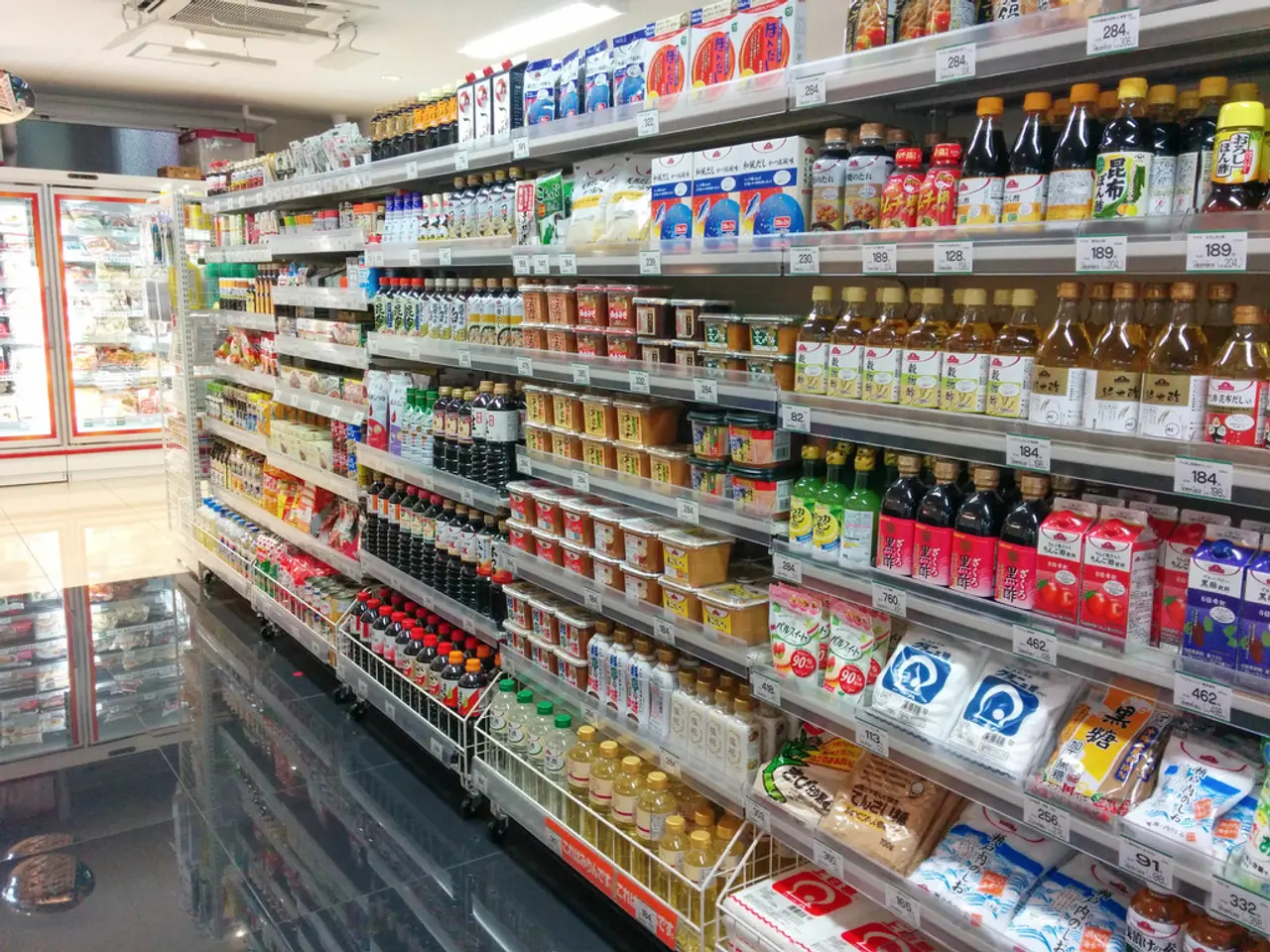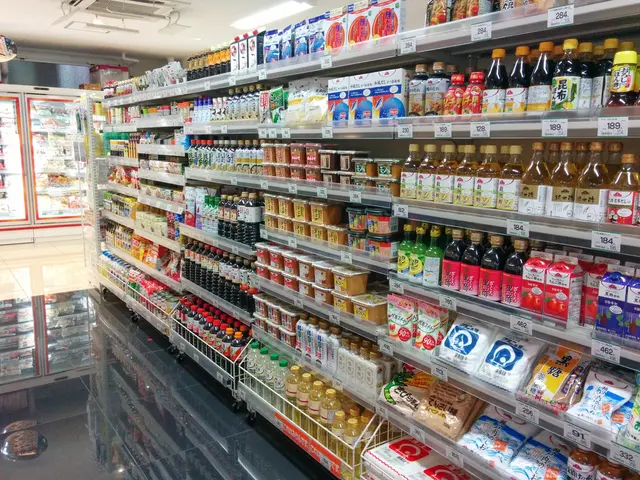Latest Updates in Supply Chain and Logistics Sector from August 11th to August 14th, 2025
Toyota Leads Hybrid Market in South Africa as EV Adoption Grows
South Africa's electric vehicle (EV) market is at an early stage of growth, with EVs making up less than 1% of total vehicle sales in 2024. However, the market is showing signs of acceleration, with plug-in hybrids (PHEVs) and battery electric vehicles (BEVs) slowly gaining a presence.
Currently, Toyota dominates South Africa’s hybrid and PHEV market, holding a 67% share in 2024. The company's success is largely due to models like the Corolla Cross Hybrid. Despite this, Toyota has not yet sold fully electric vehicles in South Africa, but it announced plans to launch three BEV models early in 2026, marking its debut in South Africa’s BEV market.
Toyota aims to maintain a diverse powertrain lineup, with initial BEVs to be imported and potential local production discussed for the future. The company views the rising presence of Chinese EV makers as a strategic challenge and has actively engaged with government authorities to propose policies supporting EV industry growth in South Africa.
European luxury manufacturers such as BMW and Mercedes-Benz currently lead EV sales in South Africa and have contributed to the initial development of the EV market. Mercedes-Benz was an early entrant in electric mobility with hybrid models like the C-Class in 2018. BMW maintains a significant presence in the PHEV segment, holding about 48% of the PHEV market share in the first half of 2025. Both brands continue to expand their plug-in hybrid and fully electric offerings, supporting the market’s gradual electrification.
Chinese automakers like BYD, Chery, Omoda, Jaecoo, and Haval have been rapidly increasing their footprint in South Africa’s EV market, especially in PHEVs with electric ranges above 100 km. These Chinese brands are gaining traction partially due to export restrictions in their home regions and their aggressive pricing and model availability. In the first half of 2025, Chinese PHEV brands accounted for a significant portion of sales increases, with Chery alone representing 27% of all PHEVs sold in that period.
The entry of Toyota into South Africa’s BEV market comes as Chinese rivals and European carmakers are already competing in the nascent market. Challenges remain substantial, including affordability, infrastructure, and regulatory support, which industry players are actively addressing through market strategies and policy engagement.
References: 1. Toyota South Africa 2. Cape Times 3. Business Insider South Africa 4. Fin24 5. Carmag
- The finance sector closely monitors the growing electric vehicle (EV) market in South Africa, especially considering Toyota's anticipated entry into the battery electric vehicle (BEV) market in 2026.
- The leadership of Toyota in logistics and transportation has been demonstrated through their dominance in the hybrid and plug-in hybrid electric vehicle (PHEV) market in South Africa, with a 67% share in 2024.
- The automotive industry in South Africa is experiencing a shift as supply chain dynamics change with the rise of EVs, with Chinese automakers like BYD, Chery, Omoda, Jaecoo, and Haval gaining a significant presence, particularly in PHEVs.
- The retail sector may see a shakeup with the entry of established brands like Toyota, BMW, and Mercedes-Benz, increasing competition in the EV market, along with emerging Chinese brands.
- Government leadership in South Africa is being targeted by automotive companies like Toyota, seeking policies that support the growth of the EV industry and address challenges such as affordability, infrastructure, and regulatory support.
- Strategic partnerships between key industry players and government authorities may be crucial for navigating the evolving landscape of the supply chain, transportation, and finance sectors in South Africa as the electric vehicle market matures.





